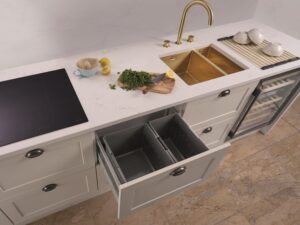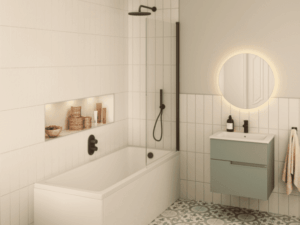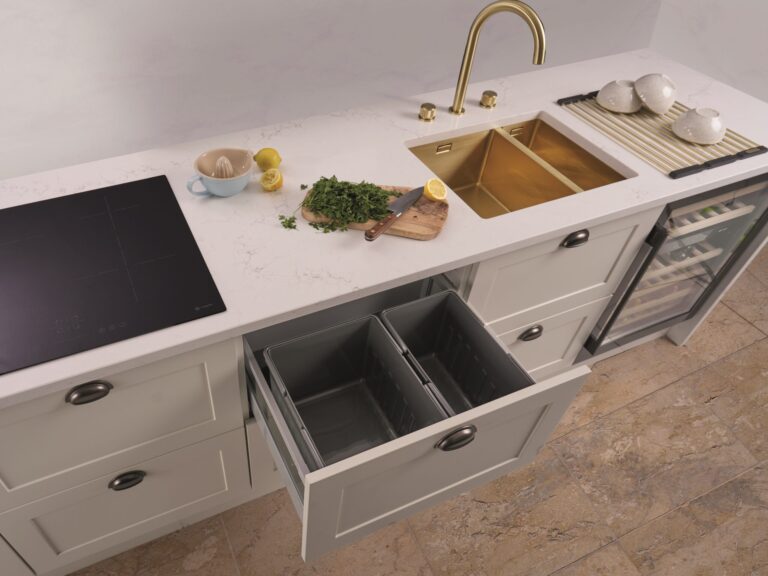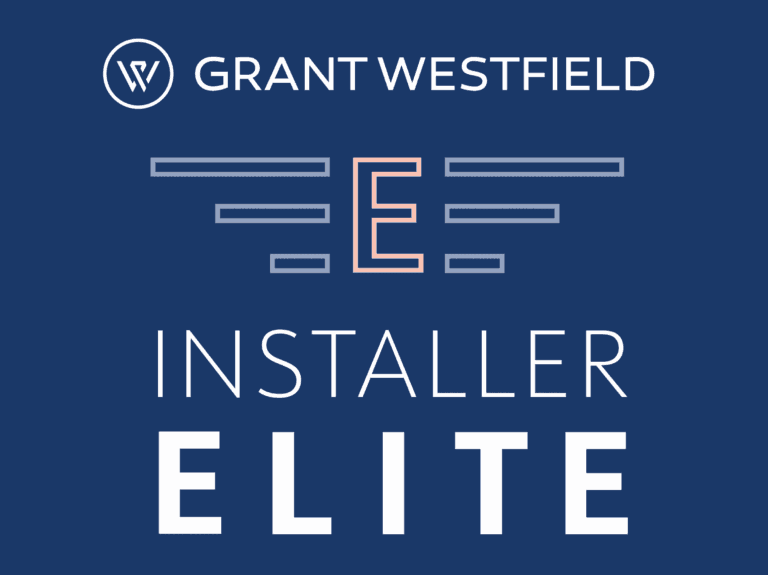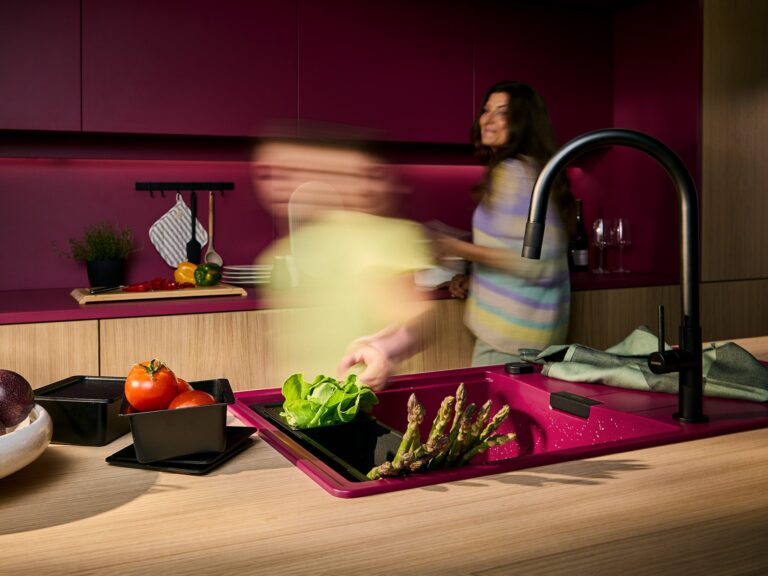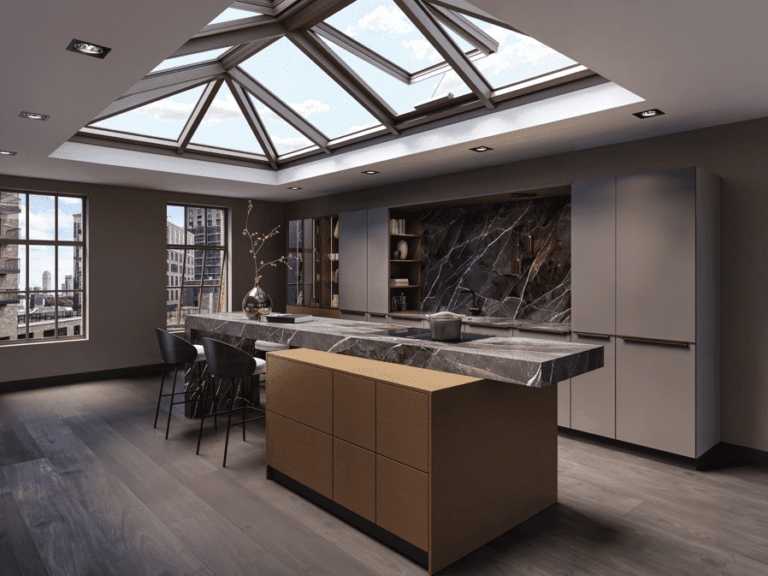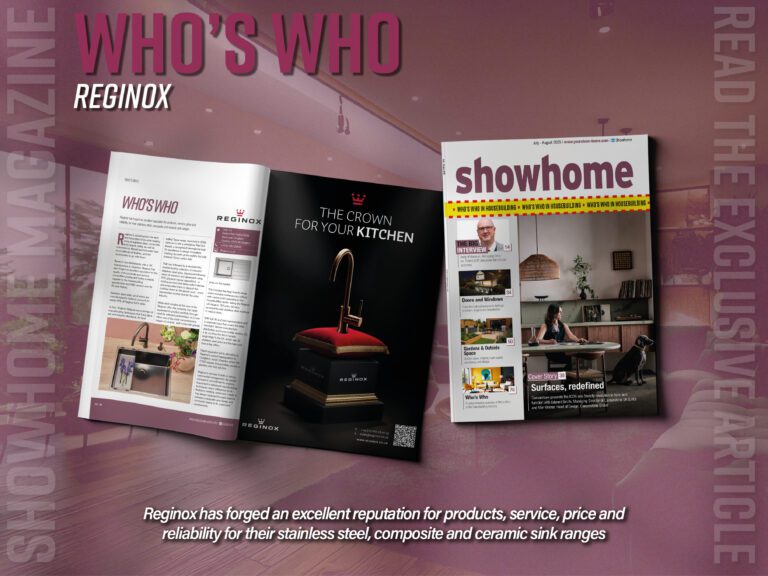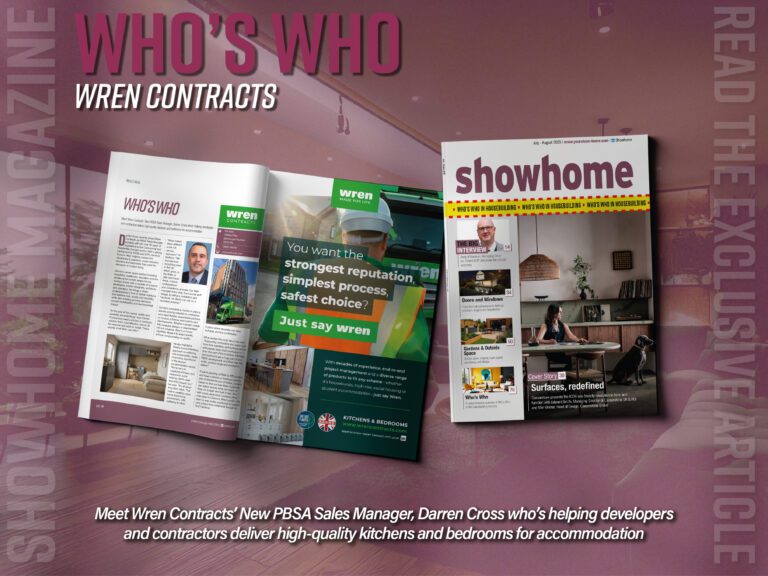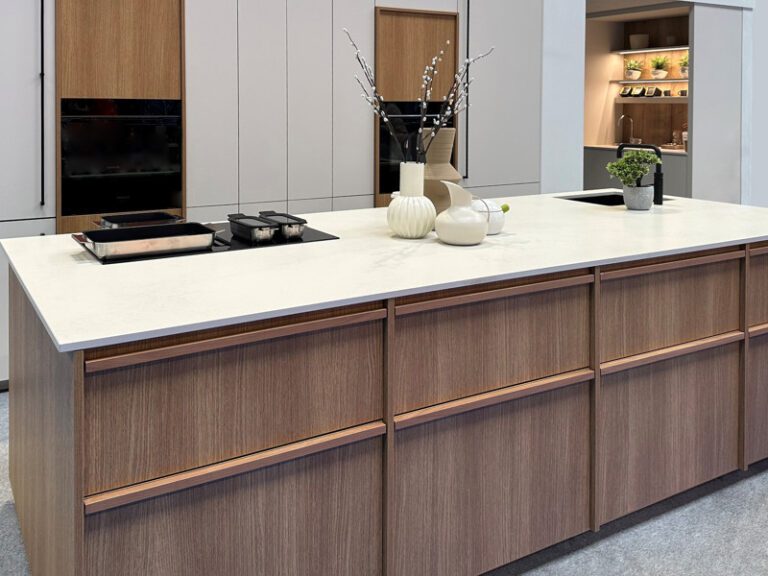Showhome sat down with Matthew Weatherill, Head of Contract Installations at Wren, to discuss how the company maintains high standards
As the UK’s number one kitchen retailer, Wren is no stranger to scale. But delivering at pace means nothing without quality, consistency and sustainability to match. Matthew Weatherill, Head of Contract Installations at Wren, explores how the company maintains high standards across the country, the digital tools transforming the installation experience, and how Wren’s in-house model is driving progress in fleet emissions, sustainable materials and future-focused innovation.
Can you tell us about your role at Wren Kitchens and give us an overview of the business?
I look after the operational and installation side of our Contracts division. I’ve been with the business for over six years, originally supporting our retail installation operation, and I’ve been here from the very beginning of our move into the Contracts market.
Wren was founded in 2009, but our knowledge of the industry runs much deeper than that. Our founder and owner Malcolm Healey has been in the kitchen sector for more than 35 years, and that experience has been fundamental to our growth. We’ve established ourselves as the UK’s largest kitchen retailer, and we’re now seeing that success echoed in the U.S. through our expansion into standalone showrooms and our recent collaboration with The Home Depot.
How does Wren Kitchens ensure a consistent standard of installation across its national network of contractors?
Consistency is absolutely essential when you’re working at scale. That’s why we’ve built a structure that keeps our standards high, no matter where we’re working in the country. Our team of dedicated Installation Managers are regularly on-site, auditing work, engaging with our fitters and resolving any potential issues before they become delays.
We also work closely with BiKBBI, who provide a live, interactive system that keeps installer compliance documentation up to date 24 hours a day. This includes insurance and other key credentials, helping us reduce risk and protect our clients.
Before any installer starts work with us, we carry out a Previous Works Visit to ensure they meet our high standards. That’s followed by a face-to-face induction covering our processes and expectations, so the onboarding is smooth, and installers feel fully prepared from day one.
But what really sets us apart in the Contracts sector is our FIRA Gold certification. It’s a robust, independently audited accreditation that not only reviews our internal processes but also includes physical site visits to assess the quality of our installations in real homes. Many of our competitors are yet to achieve FIRA Gold, and it gives our customers real confidence in our delivery.
What innovations or digital tools are helping you track or improve installation quality in real time?
One of the things I’m most proud of is the CRM system we’ve developed in-house. It’s fully interactive and used across desktop and mobile. That means our teams can raise, track and resolve issues on-site instantly. For example, if a remedial part is needed, we can process the request and confirm the delivery date before the installation manager has even completed their site visit. That makes life easier for us, and more efficient for our customers.
We also recently launched our first kitchen visualiser tool on a Taylor Wimpey site. It lets homeowners preview their future kitchen interactively, experimenting with different colours, handles, worktops and styles, without relying on physical samples. It’s a more immersive, accurate and user-friendly way to choose a kitchen, and it’s already proving popular.
More broadly, we take a digital-first approach across our entire process, from tender enquiry through to aftercare and extra unit requests. Technology isn’t just a nice-to-have; it’s fundamental to delivering efficiently at scale.
Can you outline the training or accreditation process Wren requires for its installers, and how this ties into customer satisfaction metrics?
We’ve built a rigorous onboarding process that we believe goes further than many in the industry. It starts with an application form, followed by a Previous Works Check, a full induction and an initial installation check. Only then does an installer become fully approved to represent Wren on-site.
But it doesn’t stop there. We continue to audit our installers regularly. These checks cover quality, safety and tool condition to make sure everything remains up to standard.
We also work closely with BiKBBI to maintain our installers’ ongoing compliance. And it’s worth saying that our FIRA Gold certification is a reflection not just of Wren’s internal standards, but also the pride and professionalism of our installers. They’re a huge part of what helps us deliver at the level we do…


